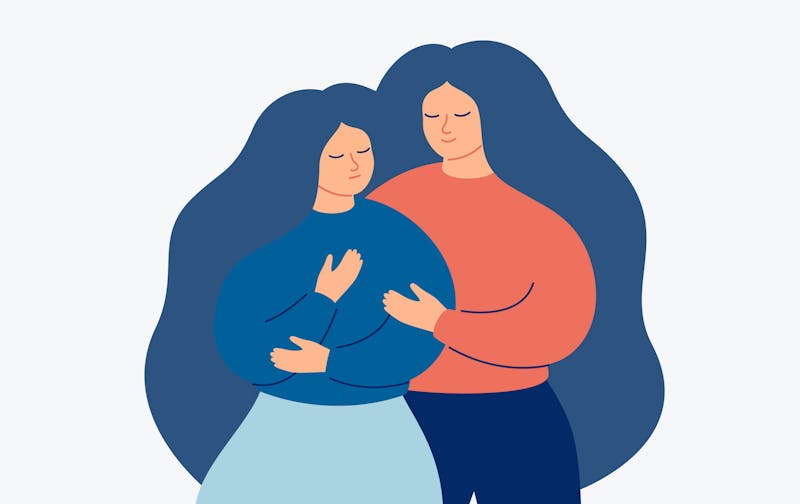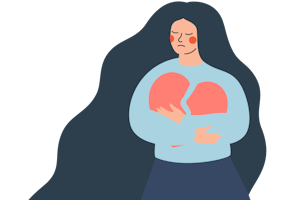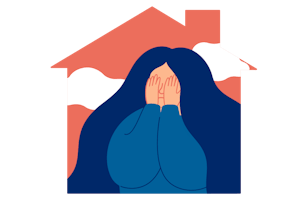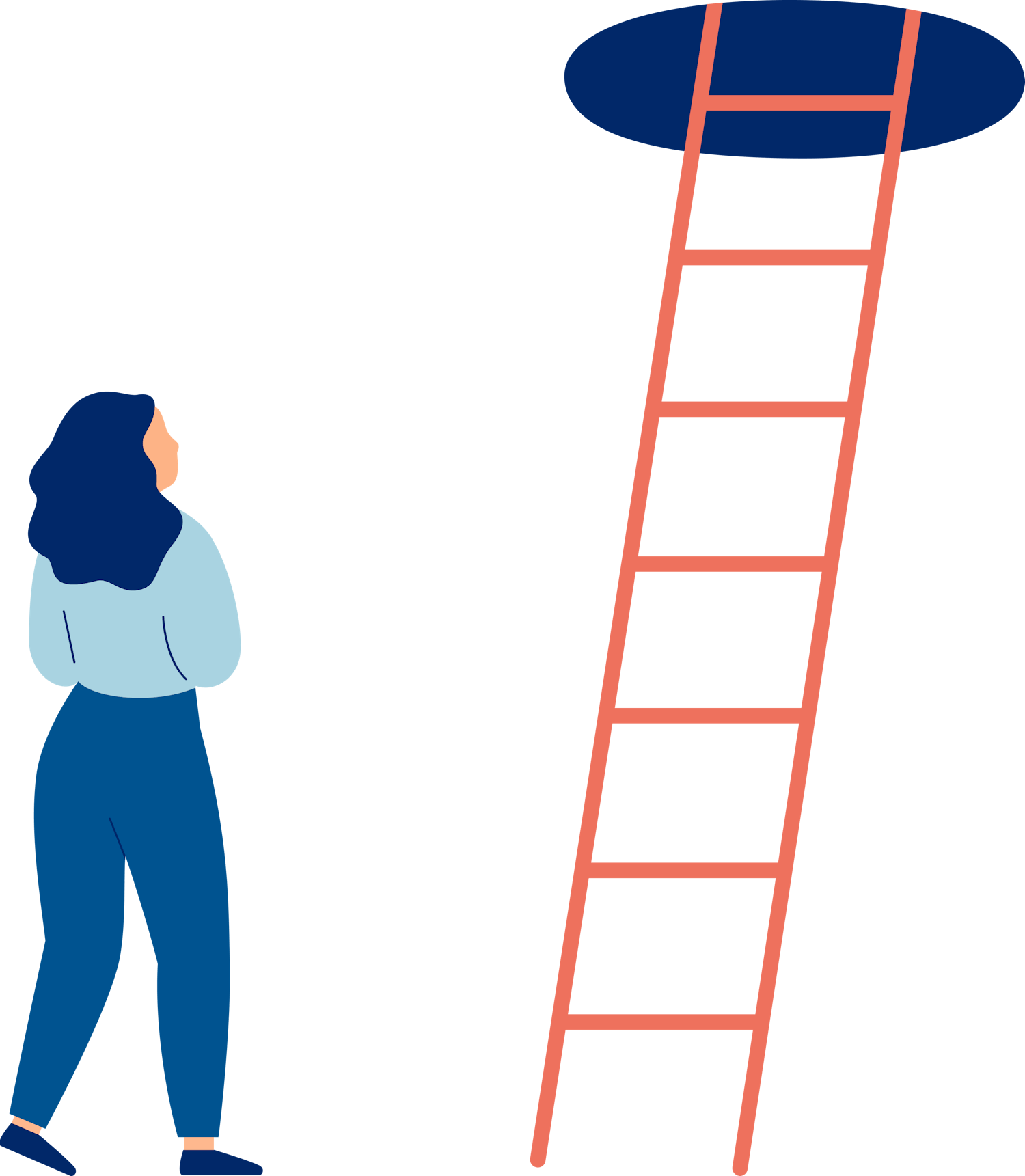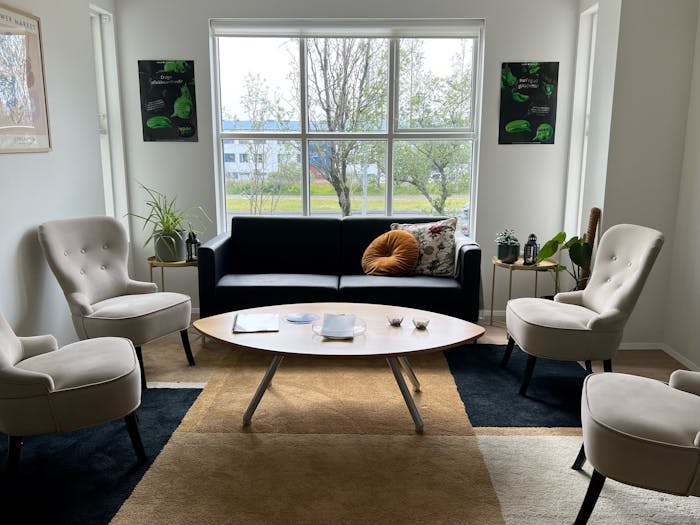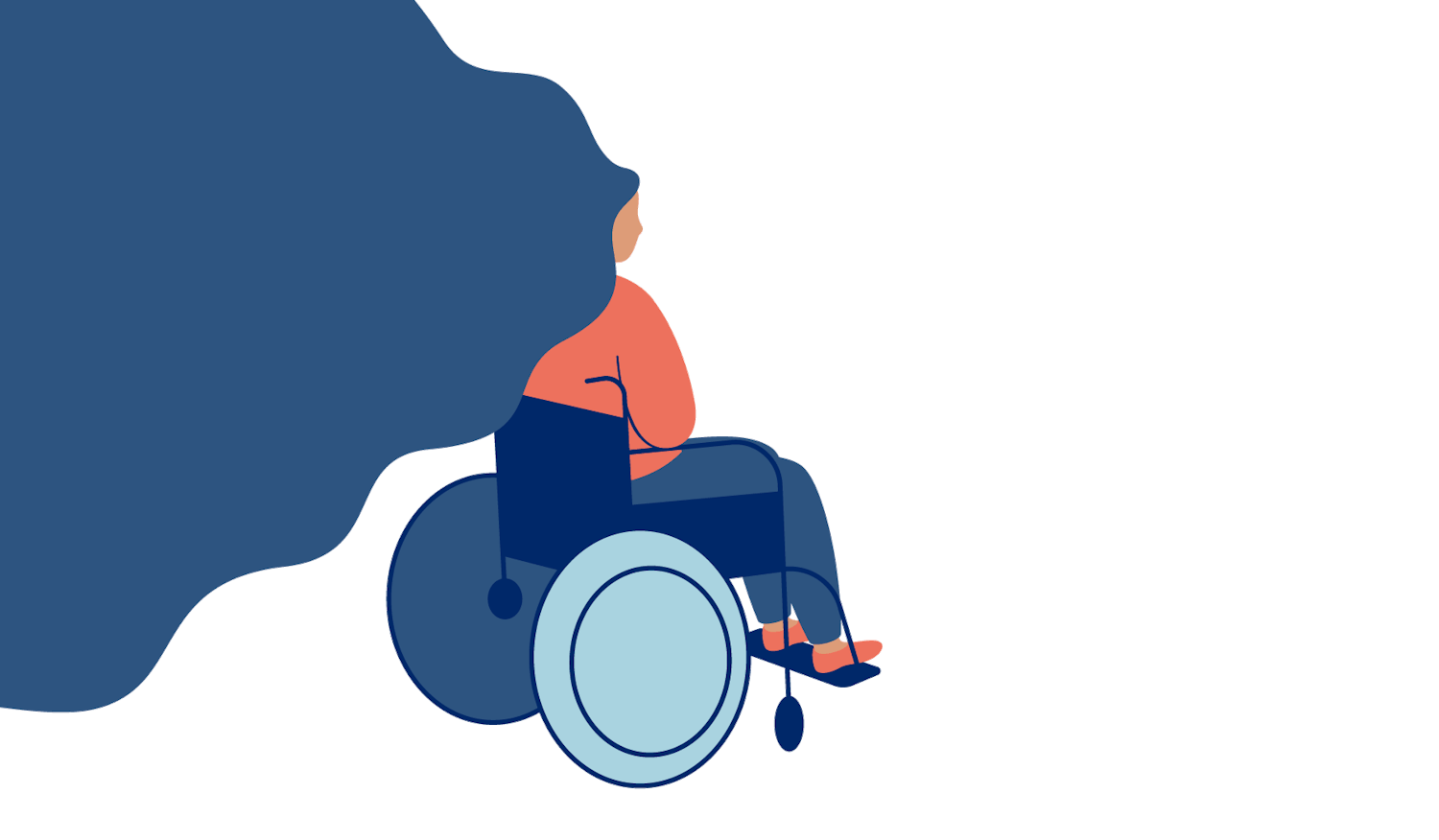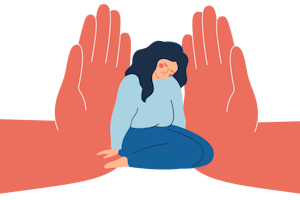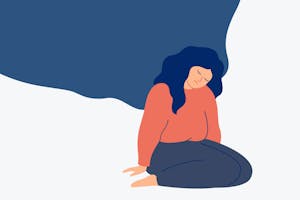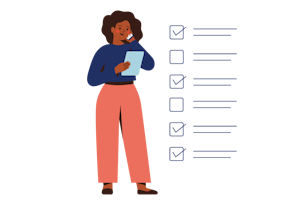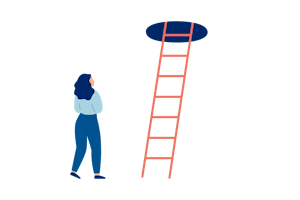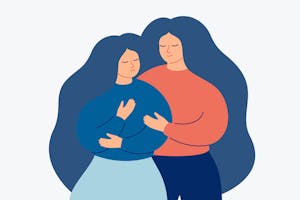Do you suspect that someone is being abused in a relationship?
It is okay to ask if you suspect abuse. You might be afraid of saying something wrong.
You are a big support if you: stay calm, listen, believe and do not blame the person who you are speaking to.
Most people are glad to have the opportunity to talk about what they are going through.
A person who experiences abuse in a relationship might:
- Stop meeting friends and family without an obvious reason.
- Be worried about making the other person angry.
- Repeatedly justify the negative behaviour of the other person.
- Seem afraid or nervous around certain people.
- Have marks or wounds on their body that they cannot explain.
- Be worried that they are being monitored, followed, or controlled in some way.
The person that inflicts abuse might:
- Talk down to the other person often.
- Set many rules about how the other person should behave.
- Control the other person’s behaviour, such as where they go, who they meet and speak to, how money is spent, and how or when they use their phone, car or computer.
- Get angry when the rules are not followed.
- Behave in a threatening manner.
- Threaten to hurt the other person physically.
- Threaten to commit suicide when they do not get their way.
